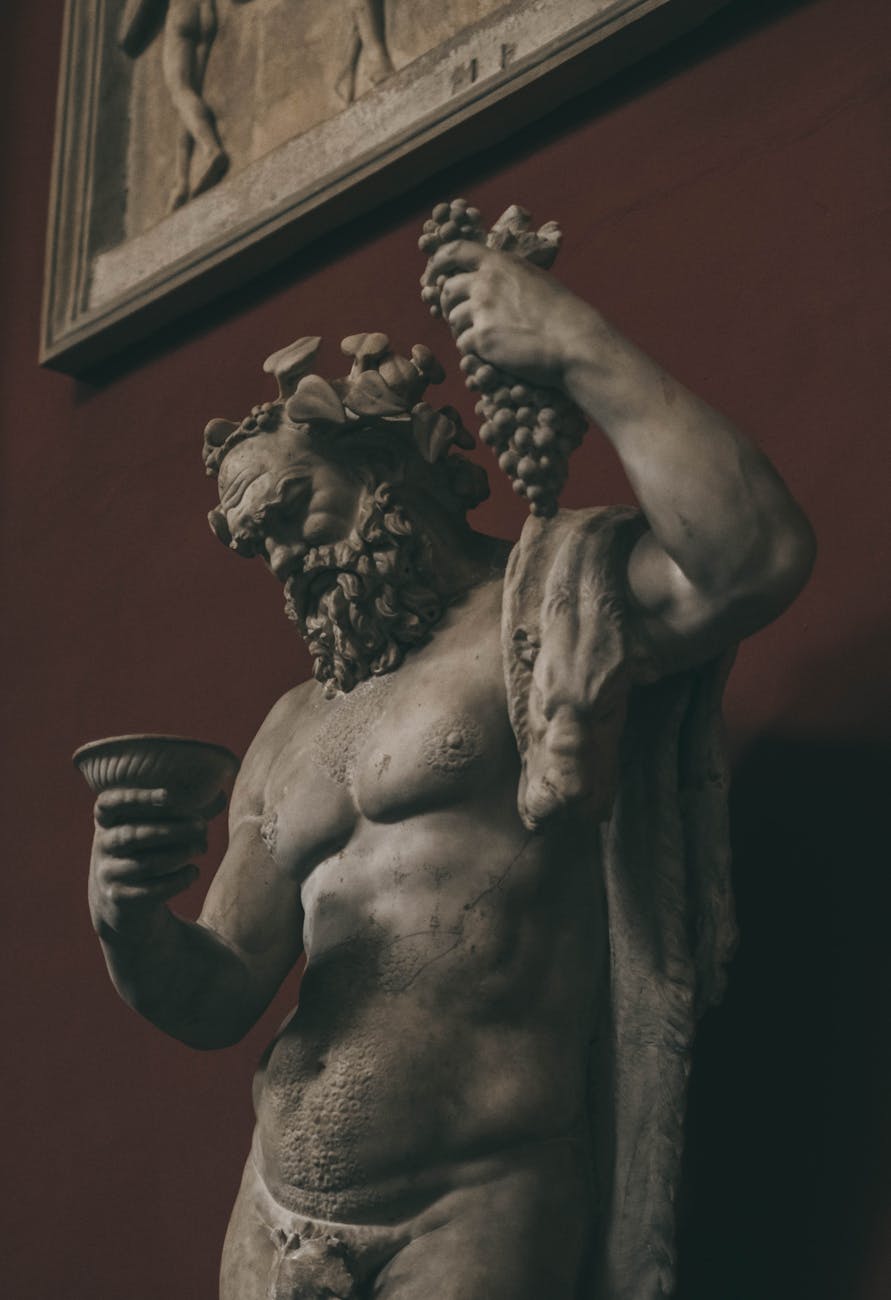Promising perspectives are emerging from a series of collected essays on play entitled The Philosophy of Play(2013) and The Philosophy of Play as Life (2018). While much contemporary scholarship moves beyond conceptualizing play and attempting a fair (reasonably universal) articulation of its ‘definition,’ revisiting these early angles can prove fruitful, if only to nuance earlier positions. Two such essays include Dr. Emily Ryall’s “Playing with Words: Further comment on Suits’ definition,” (2013) and Damla Dönmez’s “‘Life as Play’: From East to West” (2018). Ryall’s use of early and late Wittgenstein to shed light on the hermeneutics of Suits’ description and praxis of ‘games’ could be augmented by Moritz Schlick’s view of ‘life as play.’
Schlick, like Suits’ appeared to ‘show not tell’ his theory on ‘life as play,’ presumably due to his metaphysical restrictions in logical positivism; also called logical empiricism, ‘positivism’ held that “only two types of propositions have cognitive meaning, those that can be verified through experience and those that are analytically true.”[1] (Edmonds, Murder of Professor Schlick) Dönmez offered an elegant summary of Schlick’s post-humous work, conducting a comparison between Sri Aurobindo and Schlick’s views on play in life.[2]Schlick discovered an autotelicity of life in the search for its meaning, which he equated with play, “a ‘free, purposeless action’ that ‘carries its purpose with itself’,” thus, Schlick’s ‘life as play’ view “claims that reality can only be captured in the spirit of living in the present.” (Dönmez, ‘Life as Play,’ 42) Life gains meaning, then, as “the festival of existence” which “can be ‘celebrated’ only on the occasion of seeing life as play.” (Dönmez, 42)
‘Seeing’ raises a compelling active component to looking, especially if we remember James P. Carse’s Finite and Infinite Games.[3]
“To look at [something] is to look for. It is to bring the limitations with us. ‘Nature has no outline [boundary]. Imagination has.’ (Blake)”
-Carse, F&I G, 69.
Since looking is a passive acquiesce to established horizons and, thus “a territorial activity,” seeing is the preferred method for viewing and conceiving existence, for it is participatory, active. (Carse, 70, 95, 103, 139) Furthermore, the ‘outline’ of the ‘imagination’ can be stretched out and become horizon-al, Carse revealed. (69, 57-8) “A horizon is a phenomenon of vision. One cannot look at the horizon; it is simply the point beyond which we cannot see…
One never reaches a horizon…it’s location is always relative to the view. To move toward a horizon is simply to have a new horizon.”
-Carse, F&I G, 57-8.
To restrict a horizon or delimit it to a “short range of vision, [or] a narrow horizon,” is to do a concept a disservice – it’s myopic, which Carse considered akin to evil. (58) A myopic system might be one of empirical ‘certainty,’ given it is a coordinate system: “to be ‘somewhere’ is to absolutize time, space, and number.” (58)
Schlick’s aversion of metaphysics may be construed akin to Carse’s nuance, seeing empiricism as the boundary and metaphysics as the horizon. Thus, Schlick’s ‘aversion’ may be distinguished from the theoretical statements which, “attempt to say what intrinsically cannot be said,” and the more performative component he portrays with his own self-contradictions, similar in practice to Suits. (Dönmez, 43) “Metaphysics is… impossible,” he claimed, “because it demands what is contradictory. He [the metaphysician] absolutely demands to experience the transcendent, he confuses living and knowing and bemused by a double contradiction, chases empty shadows.”[4] (Schlick, 1979a, 110) Schlick seems to contradict himself with the ‘empty shadows’ – are they really empty, if the living and knowing are effectively interchangeable? What else is one living for if not the quest for knowing, the love affair with Sophia, the wisdom of life itself? Nihilistic entertaining aside, furthermore, the bemused motive screams of play as in the ‘life as play’ position and conceiving life as autotelic.
Indeed, as Carse noted of the differences in seeing and looking, so too of finite and infinite players, “finite players play within boundaries; infinite players play with boundaries.” (Carse, F&I G,10) This represents Schlick’s liminal position, claiming an aversion to metaphysics while effectively devising a metalinguistic praxis of it, anyway. (Edmonds, 99)
Returning to Ryall’s revisitation to Suits and Wittgenstein, we find reminder that Suits invoked Wittgenstein in his preface to “look and see.”[5] (Suits, The Grasshopper, i.) With Carse’s nuance added, it becomes somewhat ironic to note Schlick looked to youth in order to cultivate seeing![6]
“We shall live life in the spirit of ‘youth,’ the perfect phase of an individual’s life course for seeing traces of a playful interpretation of life’s meaning.”
-Schlick, 1979b, 122; quoted by Dönmez, 42.
Play contributes hermeneutical value and youth is the purest kind of imaginative play as it proves as-yet unencumbered by adulterated horizons. Ryall rightly recalled Suits’ play with definitions for ‘games’ for it encourages us to see play beyond ways we’ve been trained to ‘look for’ it – such as in the method itself.
Play not only, then, contributes hermeneutical value and offers a methodology, but proves a ‘sophisticated play’[7] of the highest caliber: it is a metalinguistic, metagrammatical, meta- play. Those such as Suits, Schlick, Aurobindo, and more represent a veritable mastery play in their playful works, for mastery prerequisites intimate familiarity with the subject’s minutiae. Those who can string together playful ideas in a meta-narrative are veritable master players. If life is, indeed, play, it begs master players; we need only choose to advance to a higher caliber and play accordingly.
-RED 5/24/24
[1] Edmonds, David. (2020) The Murder of Professor Schlick: The Rise and Fall of the Vienna Circle. Princeton University Press.
[2] Dönmez, Damla. (2018) “‘Life as Play’ from East to West: A Comparative Analysis of play in Aurobindo and Schlick.” The Philosophy of Play as Life. Eds. Wendy Russell, Emily Ryall, and Malcom Maclean. London: Routledge.
[3] Carse, J.P. (1986) Finite and Infinite Games: A Vision of Life as Play and Possibility. New York: Free Press.
[4] Schlick, Moritz. (1979a) “Experience, Cognition, and Metaphysics.” Moritz Schlick: Philosophical Papers, Vol. II.
[5] Schlick, Moritz. (1979b) “On the Meaning of Life.” Moritz Schlick: Philosophical Papers, Vol. II.
[6] Suits, Bernard. (1978) The Grasshopper: Games, Life and Utopia. University of Toronto Press.
[7] Ryall. Emily. (2013) “Playing with Words: Further Comment on Suits’ definition.” The Philosophy of Play.








Leave a comment